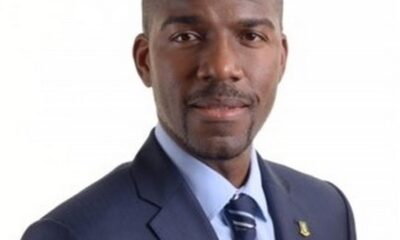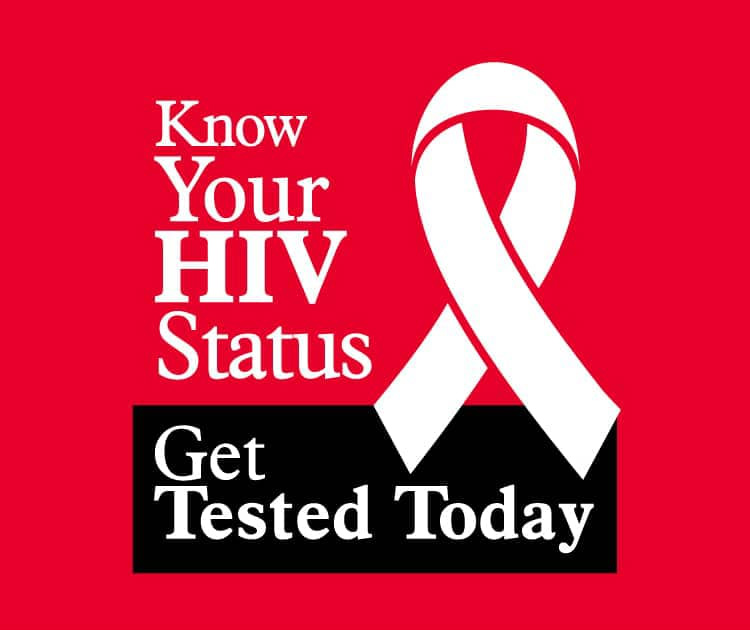International
Premier Wheatley Denounces Governor’s Request for Additional Powers as a Colonial Act
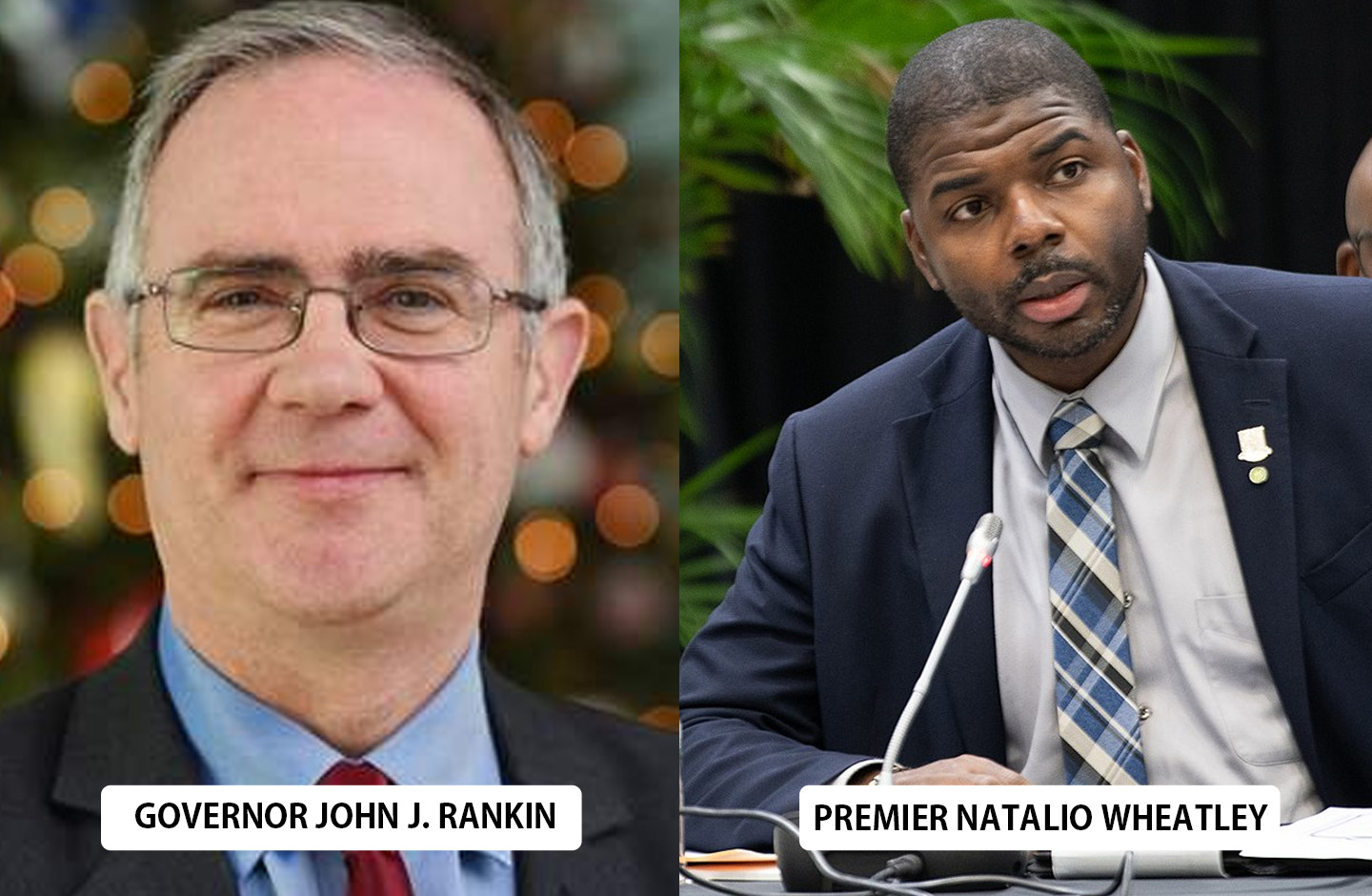
Premier Natalio Wheatley has vehemently criticised outgoing Governor John J. Rankin’s appeal for additional constitutional powers, branding it a “colonial act” that threatens the democratic rights of the Virgin Islands’ citizens.
Premier Wheatley announced on January 5 his intention to write to United Kingdom (UK) Minister David Rutley, urging him not to support Governor John Rankin’s request, emphasising the potential negative consequences of such a move.
The Premier further stressed that “subjects such as immigration and crown lands fall under the elected arm of Government, and there is no justification for powers being transferred or given to the Governor to undermine the democratic will and democratic rights of the people of the Virgin Islands.”
In his final Quarterly Report released yesterday before his departure from the territory, Governor Rankin said the government has had ample time – twenty-one months – to initiate real reform but has only managed a total of 25 of 48 recorded with only five months left before the deadline expires.
“The governor should not be seeking additional powers to bypass democracy and the people of the Virgin Islands,” Premier Wheatley strongly asserted, terming it a potential “colonial act.” He stressed that the democratic will of the people, as expressed in the April 2024 elections, should not be undermined.
He emphasised the importance of constructive engagement between the UK and the Virgin Islands, highlighting the potential damage to the recently agreed Political Declaration.
Granting the governor additional powers, Premier Wheatley argued, would contradict the Political Declaration and damage the relationship between the Virgin Islands and the UK, setting back democracy in the territory. He called for unity among Virgin Islanders to protect democracy and human rights.
Governor Rankin expressed concerns over the government’s progress in implementing the Commission of Inquiry (COI) recommendations, warning of potential constitutional suspension and requesting additional powers.
The report noted that “at the beginning of April 2023, the then UK Minister for the Overseas Territories, Lord Goldsmith, wrote to me and asked me to agree deadlines with the BVI Government to ensure that the necessary reforms have taken root no later than May 2024.”
“This ‘should allow for the Order in Council to be lifted then.’ It looks unlikely that this will be achieved and hence unlikely that the Order in Council can be lifted at that point,” the report added.
The governor stressed that “despite the best efforts of many public servants to take recommendations forward, developing plans and policy, we have not seen the promised changes delivered.”
According to the Governor, it remains “an option to consider an interim administration whereby the Governor takes over the responsibilities of Ministers in line with the Order in Council. However, this is not my recommendation at this stage.”
Instead, he has recommended that “an extension to the COI implementation process will be necessary for the Government to prove their commitment to reform and get the work done. An extension to the end of November 2024 should enable the recommendations to be fully considered and for legislation to be brought into force.”
Additionally, he explained that Lord Goldsmith, in an April 2023 letter, “asked me to consider if ‘resources, additional powers or technical expertise’ were necessary to accelerate the Government’s reform programme. In addition to exercising the powers which I have under the Virgin Islands Constitution, I have reached the conclusion that I must request additional powers to help ensure the Framework Agreement proposed by the BVI Government is delivered. Experience has shown that providing more time alone will not be sufficient to deliver reform and that there may be a need for the Governor to step in further.”
In response, Premier Wheatley highlighted genuine strides in strengthening internal processes, specifically in areas like procurement. The Premier encouraged the public to review the progress presentation made by the Premier’s Office, available online.
Acknowledging the challenges faced, Premier Wheatley explained that adjustments to deadlines were necessary to ensure the completion of reforms. He pointed out the simultaneous efforts to balance reforms with the delivery of public services, hurricane recovery, and the pause in work due to the House of Assembly’s dissolution for the elections.
The Premier underlined that some of the ongoing reforms fall under the responsibility of the Governor, who faces challenges in balancing reform implementation and overseeing constitutional responsibilities in areas like security.
Premier Wheatley drew a parallel with the UK’s Brexit, emphasising that large-scale reform exercises cannot be completed in a short span, and the BVI government had done well considering the circumstances. He expressed disappointment in the Governor’s request for additional powers, stating, “It appears he wishes to act in areas of constitutional responsibility devolved to the elected arm of government.”
Former Governor Augustus Jaspert initiated a Commission of Inquiry in January 2021 to investigate potential instances of corruption, abuse of office, or significant dishonesty within the public sector in recent years, aiming to identify the circumstances that facilitated such occurrences.
The Inquiry Commissioner Sir Gary Hickinbottom submitted a comprehensive 900-page report to Rankin on April 4, 2022 detailing findings of corruption across various government levels.
The report outlined 45 specific recommendations, including four overarching suggestions – the partial suspension of the constitution, to overhaul the BVI’s governmental and governance structures.
Amidst the looming possibility of government suspension and upheaval triggered by the arrest of Premier Andrew Fahie in April 2022 in the United States on allegations involving drugs and money laundering, an interim government emerged, led by the recently appointed Premier Natalio Wheatley. Wheatley, formerly the deputy premier during the review, spearheaded efforts to avert a constitutional suspension.
With the partial implementation of recommendations, the 2023 elections saw all political parties pledging to uphold the COI recommendations upon taking office. Premier Wheatley secured reelection in April 2023.
Rankin, who will be retiring from diplomatic service this month, shared that he continues “ to hold the best interests of the BVI in mind and I believe that these measures are necessary in ensuring that the BVI prospers in the future, with the strong foundations of a modern democracy.”
His successor will be Daniel Pruce.
International
BVI Urges UK and Other Colonial Powers to Support Self-Determination of Remaining Territories
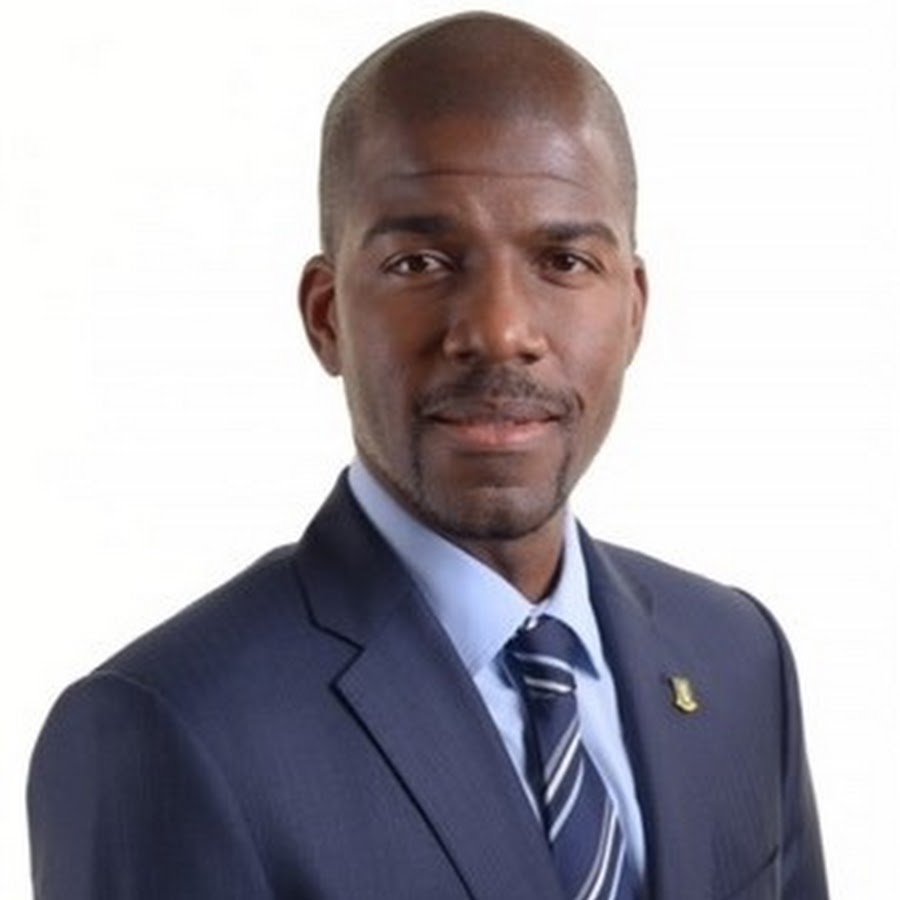
In a direct appeal to the international community, the British Virgin Islands (BVI) has called on the United Kingdom and other colonial powers to set aside their national interests and support the self-determination of the 17 remaining non-self-governing territories under the mandate of the United Nations Special Committee on Decolonisation (C-24).
Speaking at the UN’s Pacific regional seminar on decolonisation, held in the Timorese capital Dili from 21st to 23rd May, BVI Special Envoy Benito Wheatley urged administering powers to recommit to the principles of decolonisation and support a meaningful pathway to self-government for the remaining territories on the UN’s list.
“We all must work together to make progress on decolonisation,” Mr Wheatley said in his address. “I know it is hard to separate national interests from the process, but an effort must at least be made to work in the best interest of Non-Self-Governing Territories.”
He added that the Special Committee should prioritise the dispatch of visiting missions “where this is practicable,” noting that “the politics of the process is very complicated and requires dialogue, but no effort should be spared.”
The BVI, which hosted a UN visiting mission in August 2024, was recognised in the mission’s report for its advancement toward full internal self-government. The mission also recommended the establishment of a timetable for the Territory’s eventual independence.
Mr Wheatley expressed appreciation for the UN’s engagement and reiterated the Territory’s commitment to good governance and democratic reform. He also used the opportunity to highlight the broader need for sustainable development assistance, particularly in the face of growing climate threats.
“To truly advance self-determination, UN agencies must play a more active role in supporting the development priorities of these Territories,” Mr Wheatley stated. He urged the C-24 to adopt a resolution at its upcoming June session that would allow UN agencies to utilise their regular programme budgets to support Territories classified as Small Island Developing States (SIDS), especially those that are associate members of regional commissions such as ECLAC and ESCAP.
In a firm message to London, Mr Wheatley also called on the United Kingdom to formally withdraw the Order in Council currently held in reserve, which grants it the power to suspend the BVI’s constitution and impose direct rule if triggered.
“There is no longer an excuse for the UK to maintain this unnecessary, undemocratic and blunt colonial instrument over the Territory,” he said, noting that the BVI had completed the governance reform programme agreed in 2022.
The UN’s list of territories yet to be decolonised includes American Samoa, Anguilla, Bermuda, the British Virgin Islands, Cayman Islands, Falkland Islands, French Polynesia, Gibraltar, Guam, Montserrat, New Caledonia, Pitcairn, Saint Helena, Tokelau, Turks and Caicos Islands, the United States Virgin Islands, and Western Sahara.
The seminar in Dili marks a continuation of the UN’s longstanding commitment to decolonisation — a process that remains incomplete nearly eight decades after the adoption of the UN Charter.
International
Cardinal Robert Prevost of Chicago Elected as Pope Leo XIV

– First American Pontiff in Catholic Church History
The College of Cardinals has elected Cardinal Robert Francis Prevost of Chicago as the 267th pope of the Roman Catholic Church. He will be known as Pope Leo XIV, marking the first time an American has ascended to the papacy in the Church’s two-millennia history.
The announcement came at 6:07 p.m. local time, when white smoke billowed from the chimney of the Sistine Chapel, signaling the successful conclusion of the conclave’s fourth ballot. Shortly thereafter, Cardinal Protodeacon Dominique Mamberti proclaimed the traditional “Habemus Papam” from the balcony of St. Peter’s Basilica.
Appearing before a jubilant crowd in St. Peter’s Square, Pope Leo XIV offered his first apostolic blessing and addressed the faithful with a message of peace: “Peace be with all of you! I want this salute of peace to enter your heart, reach your families, and all people, and all the peoples, and the whole world.”
Born in Chicago in 1955, Robert Prevost is a member of the Order of St. Augustine. He spent decades serving as a missionary in Peru, where he taught theology and held various administrative roles within the Church. In 2023, he was appointed to lead the Vatican’s Congregation for Bishops, a position that placed him at the heart of the Church’s global leadership.
Pope Leo XIV’s election is seen as a unifying choice amid ideological divisions within the Church. His background reflects a commitment to inclusivity and dialogue, values that align with the synodal approach emphasized by his predecessor, Pope Francis. In his initial remarks, Pope Leo XIV expressed a desire for a Church that is “engaged with the modern world and always looking for peace, charity and being close to people, especially those who are suffering.”
The new pontiff faces a range of pressing challenges, including fostering unity within a polarized Church, addressing global conflicts, and continuing efforts to reform Church governance and address past abuses. His leadership will be closely watched as he navigates these complex issues.
Pope Leo XIV’s election has been met with congratulations from leaders around the world. U.S. President Donald Trump lauded the historic moment, stating, “It is such an honor to realize that he is the first American Pope. What excitement, and what a Great Honor for our … .”
As the Catholic Church enters this new chapter under Pope Leo XIV’s guidance, the faithful and observers alike look forward to the direction he will set for the global community of believers.
Business
Caribbean Shipping Secures Exemption from U.S. Port Fees on Chinese-Built Vessels
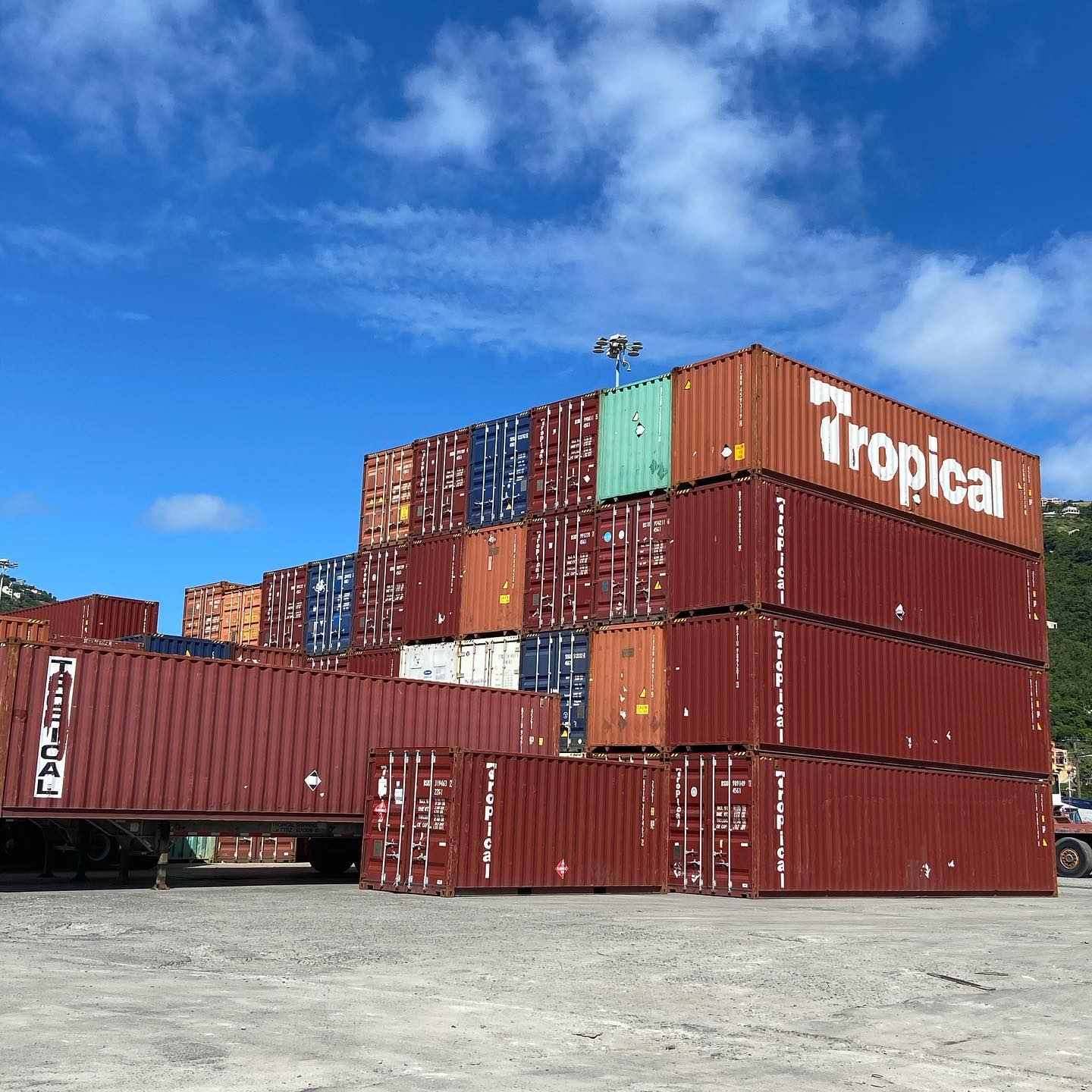
The Office of the United States Trade Representative (USTR) has exempted Caribbean shipping routes from newly proposed port fees on Chinese-built vessels. This decision follows concerted advocacy by the Caribbean Private Sector Organisation (CPSO) and regional stakeholders, who warned that the fees could have devastating economic consequences for the Caribbean.
The USTR’s initial proposal aimed to impose fees of up to $1.5 million per port call on vessels constructed in China, as part of a broader strategy to counter China’s dominance in global shipbuilding and bolster the U.S. maritime industry. However, the policy faced immediate backlash from Caribbean nations, where a significant portion of shipping relies on Chinese-built vessels.
Dr. Patrick Antoine, CEO and Technical Director of the CPSO, testified at a USTR public hearing, emphasizing that over 90% of CARICOM’s trade in goods depends on maritime transport. He warned that the proposed fees could lead to a 60% increase in shipping costs to and from the Caribbean, severely impacting economies where more than 50% of the ships are Chinese-built.
The potential repercussions were particularly alarming for smaller Caribbean states like Antigua and Barbuda, Dominica, Grenada, St. Lucia, and St. Vincent and the Grenadines, which rely heavily on short-sea shipping routes serviced by Chinese-built vessels. Prime Minister Gaston Browne of Antigua and Barbuda expressed concern that shipping a container could increase by $3,000 to $4,000, leading to an 8–10% rise in consumer prices and pushing inflation rates to potentially 12–14%.
In response to these concerns, the USTR revised its policy to exempt ships operating between U.S. domestic routes, the Caribbean, U.S. territories, and Great Lakes ports from the new fees. This adjustment aims to prevent inflation, supply chain disruptions, and surging trade costs in the region.
The exemption has been met with relief across the Caribbean. Dr. Antoine expressed gratitude to the USTR for recognizing the unique challenges faced by Caribbean economies and for taking steps to safeguard regional trade stability.
While the exemption provides immediate relief, regional leaders and industry stakeholders continue to monitor the situation closely. They advocate for long-term strategies to enhance the resilience of Caribbean supply chains and reduce dependency on external factors that could disrupt trade.
-

 Uncategorized3 days ago
Uncategorized3 days agoBritish Virgin Islands Regulators Move to Wind Down Bank of Asia (BVI) Limited
-

 Entertainment15 hours ago
Entertainment15 hours agoK’Meeya Chung and Dakarai Wheatley-Adams Crowned Miss and Mr. HLSCC 2025
-

 Entertainment3 days ago
Entertainment3 days agoNeil Frett Named Honouree as 71st Virgin Islands Emancipation Festival Officially Launched
-

 Entertainment2 weeks ago
Entertainment2 weeks agoFive Students to Compete in Mr. & Miss HLSCC Pageant on June 1
-

 Local News3 days ago
Local News3 days agoBVI U19 Rugby Squad Departs for Dominican Republic Development Tour
-
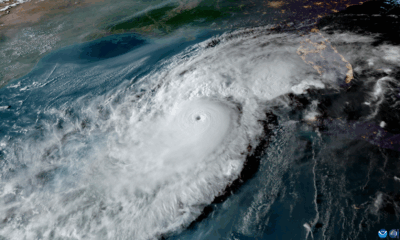
 Local News1 day ago
Local News1 day agoCaribbean Braces for Active 2025 Hurricane Season
-

 Uncategorized7 days ago
Uncategorized7 days agoChantel Malone Leaps to First Place Amid Headwinds at Tucson Elite Classic:
-
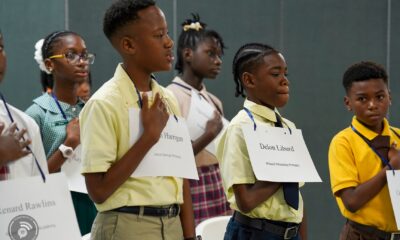
 Education4 days ago
Education4 days agoTwelve Primary Schools Advance to Final Round of 2025 Spelling Bee








